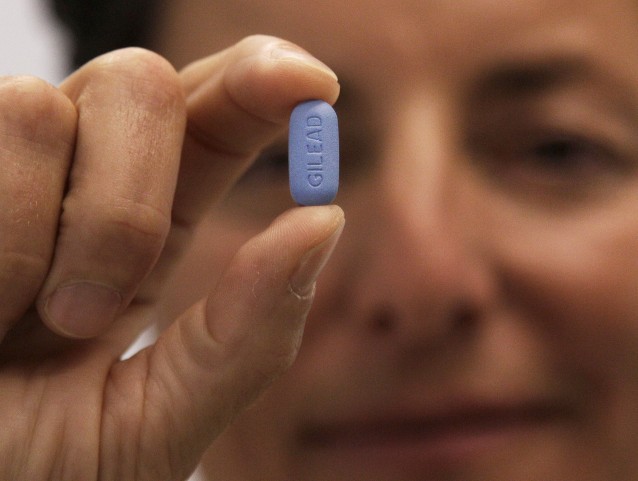Breaking News
Scientists Reveal HIV ‘Gradually Losing Ability To Cause AIDS’

A study of the rapid evolution of Humman Immunodeficiency Virus (HIV) in more than 2,000 women in Africa has revealed that the ability of the virus to cause Acquired Immune Deficiency Syndrome (AIDS) is weakening.
The study was contained in the journal proceedings of the National Academy of Sciences (PNAS). Philip Goulder, a professor at Oxford University who led the study scientists, said on Tuesday in London that the research suggested a less virulent HIV could be one of several factors contributing to a turning of the deadly pandemic, eventually leading to the end of AIDS. “Overall we are bringing down the ability of HIV to cause AIDS so quickly,” he said.
“But it will be overstating it to say HIV has lost its potency; it’s still a virus you will not want to have.” Goulder stated that more than 35 million people were currently infected with HIV, while AIDS had killed around 40 million people since it began spreading 30 years ago. To arrived at the conclusion on HIV’s weakening potency, the team conducted its study in Botswana and South Africa, the two countries most hit by AIDS, where they enrolled more than 2,000 women with HIV.
At first, the scientists looked at whether the interaction between the body’s natural immune response and HIV led to the virus becoming less virulent or if it was able to cause disease. “Previous research on HIV had shown that people with a gene known as HLA-B*57 could benefit from a protective effect against HIV and progress more slowly than usual to AIDS,’’ he said, adding that the scientists found that in Botswana, HIV had evolved to adapt to HLA-B*57 more than in South Africa, so patients no longer benefited from the protective effect.
“But they also found the cost of this adaptation for HIV is a reduced ability to replicate, making it less virulent.” Theys then analysed the impact on HIV virulence of the wide use of AIDS drugs.
“Using a mathematical model, we found that treating the sickest HIV patients, whose immune systems had been weakened by the infection, accelerates the evolution of variants of HIV with a weaker ability to replicate.
“HIV adaptation to the most effective immune responses we can make against it comes at a significant cost to its ability to replicate. Anything we can do to increase the pressure on HIV in this way may allow scientists to reduce the destructive power of HIV over time.”






